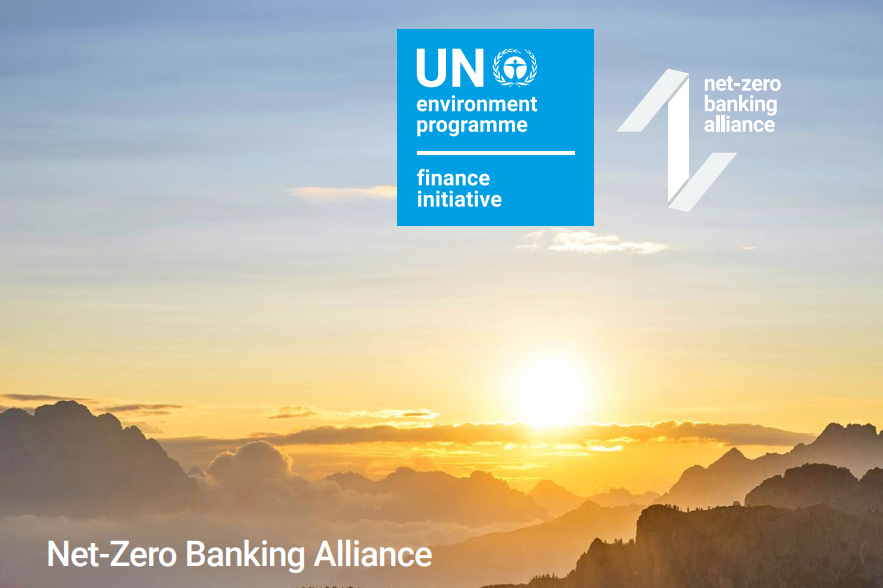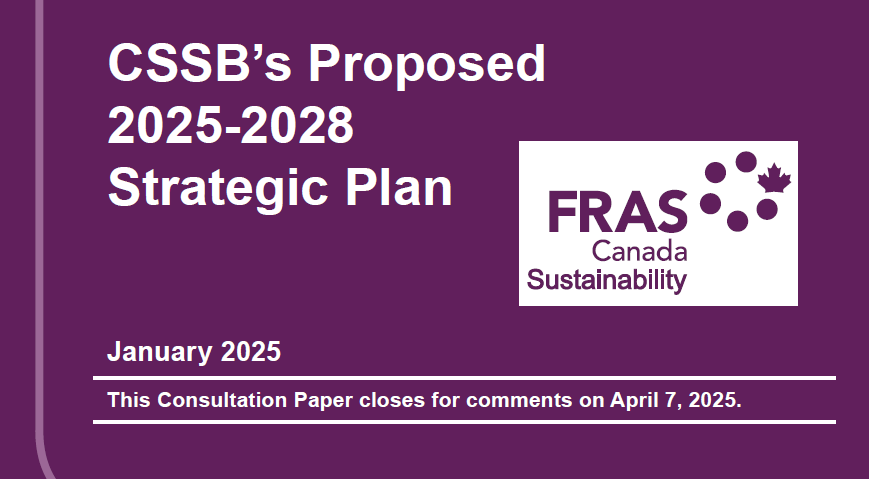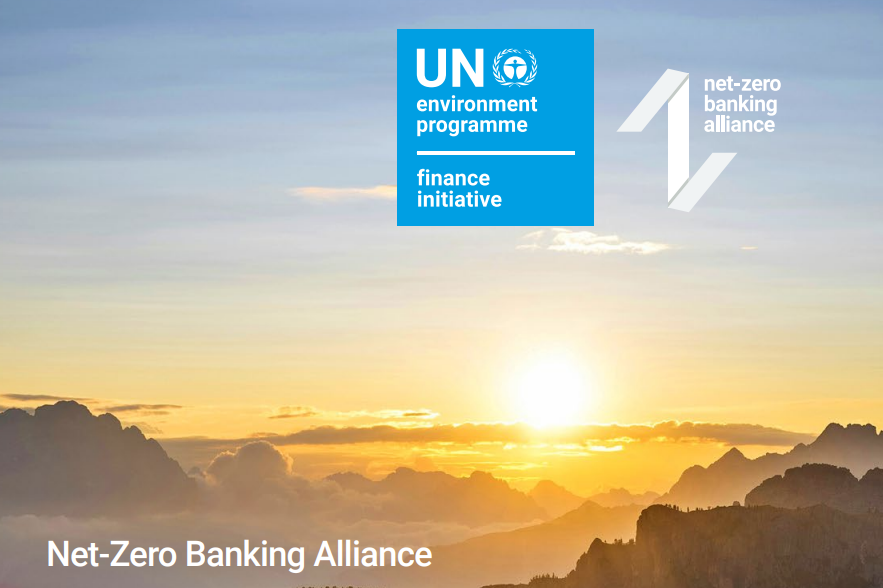Five Major Canadian Banks Exit Net-Zero Banking Alliance: Reasons and Implications
Five major Canadian banks have exited the UN-supported Net-Zero Banking Alliance, following the example set by U.S. institutions. While this signals a shift in sustainable financing strategies, the banks have stressed that their climate goals remain unchanged. Despite the departure, the banks are confident in their ability to meet sustainability targets independently, citing regulatory challenges and political pressures as key factors for their exit. The move highlights the growing tension between ESG commitments and economic realities.

On 22 January 2025, five major Canadian banks – BMO, TD, CIBC, Scotiabank, and National Bank – announced their departure from the United Nations-supported Net-Zero Banking Alliance (NZBA). This decision follows the trend set by U.S. banks and signals shifts in sustainable financing strategies.
Main Reasons for Withdrawal:
- Political Pressure in the U.S.: Republican lawmakers have intensified scrutiny on ESG initiatives, warning of legal consequences and exclusion from government contracts;
- Flexibility in Achieving Climate Goals: Banks are confident their internal sustainability strategies will allow them to progress towards net-zero without NZBA membership;
- Regulatory Barriers: National regulations often conflict with international standards, creating challenges in fulfilling commitments;
- Commercial Interests: Strict climate commitments may limit banks' ability to operate in key high-emission sectors;
- Updated GFANZ Strategy: Recent restructuring within the Glasgow Financial Alliance for Net Zero (GFANZ) makes NZBA membership less essential.
Progress without NZBA
Despite the exit, the banks reaffirmed that their goals for sustainable financing and combating climate change remain unchanged. Representatives from CIBC and BMO highlight that their progress and internal capabilities allow them to continue their work outside the alliance. TD Bank focused on independent strategies to support clients in the transition to a low-carbon economy.
NZBA is part of the Glasgow Financial Alliance for Net Zero (GFANZ), which recently announced a restructuring. The new GFANZ strategy focuses on mobilising capital to support the transition to a low-carbon economy and offers greater accessibility for organisations outside the coalitions.
Conclusions
The departure of Canadian banks from NZBA highlights the growing tension between global ESG commitments and the realities of local political and economic conditions. Canadian banks continue to advance their sustainable financial strategies independently of NZBA. GFANZ's restructuring may lead to more flexible tools for supporting climate initiatives and addressing challenges with international standards.



